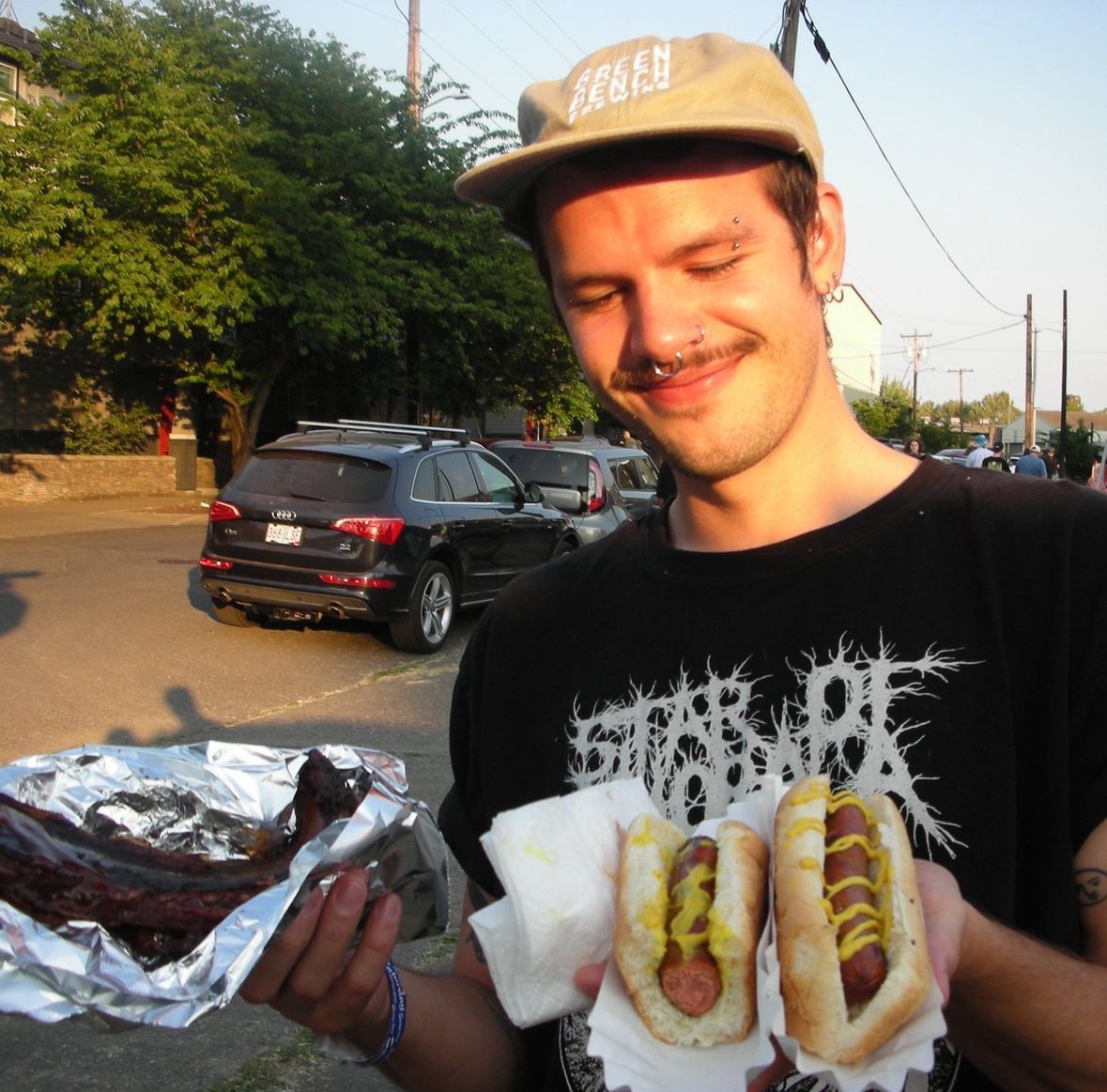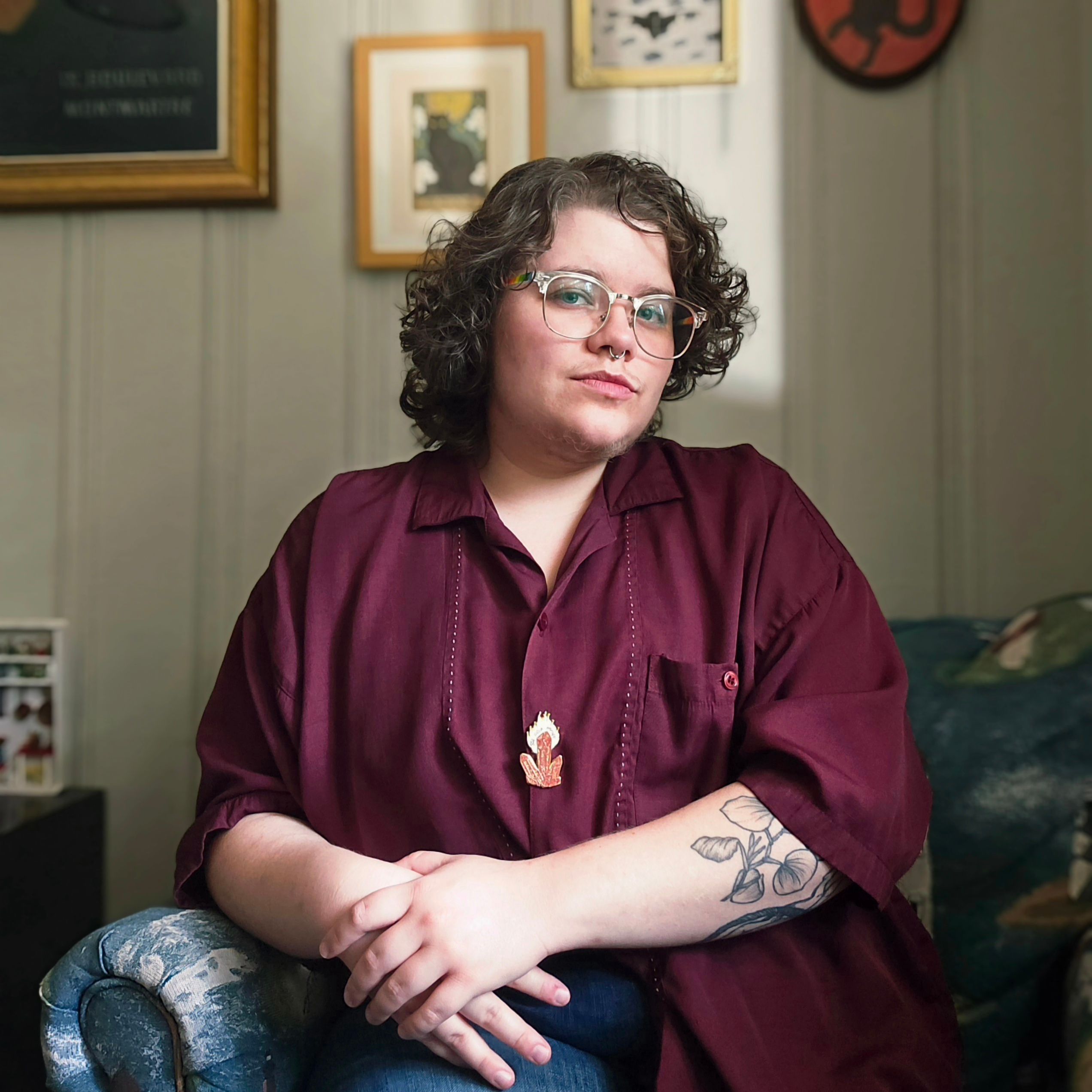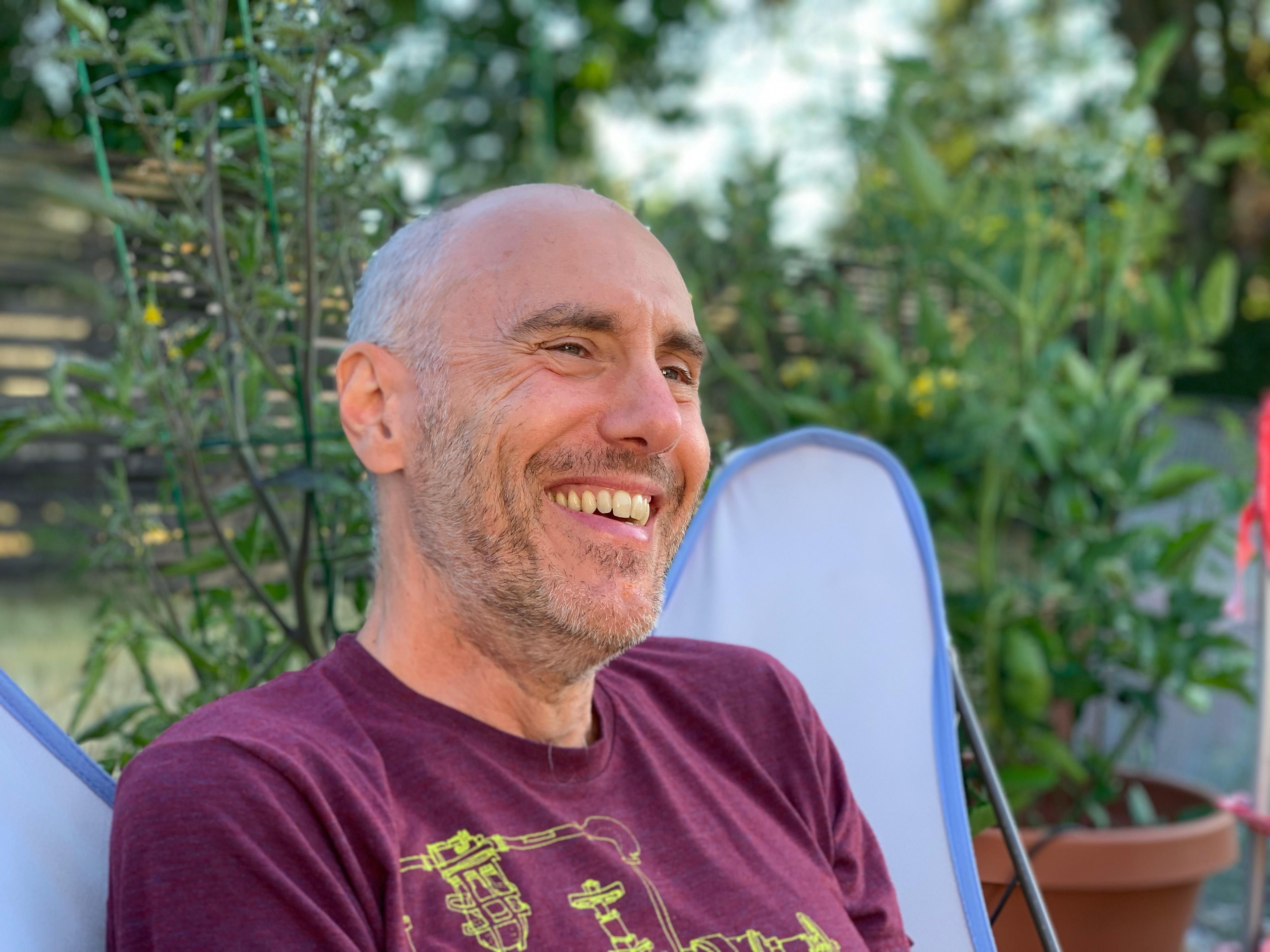Elena Aponte: You are a fiction writer by trade, and yet this memoir manuscript found you. What made nonfiction appealing to you as a fiction writer? Was it challenging or comforting to see yourself in an intimate way like this, almost as a character?
Robert Lopez: I think a lot of artists and writers search for new forms and genres to keep the work fresh and engaging. I've always tried to do something different with each book and this was a logical next step. Once I started with this project, I read all kinds of nonfiction and many writers I read pushed me toward the desk. I enjoyed what you were allowed to do with nonfiction and exercising those different muscles was refreshing. I've always been myself on the page and writing this nonfiction was an extension of that.
EA: As a Puerto Rican writer myself, my island family's history is also complicated, confusing, and at times contentious. What was particularly important to you about your bisabuelo Sixto that you had to explore? Was it a matter of separating your family mythos from the facts? Or did Sixto act as an avenue to larger discussions about Puerto Rico?
RL: I realized how little I knew about Sixto and trying to imagine what his life was like, what he may've hoped for, was the real challenge. I had never given this subject matter much thought for most of my life. So this was a new way of looking at myself and my family and where we came from. And I always thought that plenty of readers with similar background stories would be able to see themselves in the work. Examining Puerto Rican history and Puerto Ricans here in the States was also a natural place to tie all of these narratives together.
EA: The introductory line of the book floored me: "What I don't know about my family is almost everything." I felt seen! Especially as a third-generation half-Puerto Rican whose history is very muted, despite my wanting to know more. How did you make the decision to talk about erasure as the main aspect of this memoir? How did you manage to talk about something so ephemeral so vividly?
RL: I'm very glad to hear this, Elena. Not that you've struggled with these issues, but that we were able and are able to find each other in this dialogue.
Assimilation is vitally important for any people who decide to relocate and start a new life. But it seems curious that the assimilation should also include erasure in many cases, particularly years ago. That was quite the revelation to me.
Of course, I knew [my New York family] didn't speak Spanish and I never heard my father speak Spanish and I knew that we didn't eat the cuisine, etc., but what was shocking all over again, seeing with sober eyes and many years of perspective, was how little I knew about Sixto.
I have no idea who he was, I have no idea where he came from, if he had family, if he left them on the island, and on and on. All of that information, that history, is gone, was erased. I don't know why. I get wanting your kids in the 1940s and 50s to speak English, master the language, but the rest of it baffles.
EA: People have told me “You’re so white!" or "I can tell you're Latina because of your eyes."It's always confusing and at times, troubled me. At one point, you asked those close to you "what do you see when you look at me?" How difficult was it to have others share their perceptions of your cultural identity without being connected to it yourself?
RL: It was interesting, indeed, although I don't think it was difficult, per se. I only did it with a few friends, but it was still somehow surprising to hear. This is how I'm seen, how I'm characterized sometimes, most times maybe, but it hasn't been my experience as a person on this planet. If I stop to think about it, I can say I'm a fraud or an imposter. It's not too unlike being seen as either tall or short. I'm only 5-8 and that's short by most modern standards, but some have said, “oh, you're not short,” and others have told the truth. Either way, it's surprising to me.
EA: You write in small vignettes that you call dispatches. And that brings to mind journalism, war reporting, the Truth with a capital "T." I love that you're playing with the idea of truth and invisibility. Did you have this concept from the beginning, or did the dispatch idea come after you had written the bulk of the manuscript?
RL: No, the dispatches came rather late in the process. I had a whole manuscript of braided essays that went on for twenty or so pages each at first. It was only after some back and forth with my editor, Eric Obenauf, that we thought about it making the book one long piece. And from there the short chapters happened naturally, but it didn't occur to me to call [them] Dispatches until even later in the process. For months and months the chapters had no titles at all. The book was always called Dispatches, but it took a while for the final form to come together.
EA: It seems like you keep coming back to the "melting pot" idea of America and of New York City. How did you decide to interrogate that concept throughout your life?
RL: The tennis community I have in Brooklyn played a big part in the melting pot business. A trip to the Fort Greene courts tells you all you need to know about how people can come together and meet each other honestly with respect.
EA: Do you think the “melting pot” still makes sense, in an era after Trump? When Puerto Rico is still essentially a colony of the US?
The 45th President was a disaster that we'll be reeling from for years. [But] there are havens all over the country, generally certain pockets in the cities, where we are still a melting pot and a great experiment.
Puerto Rico has never determined its own destiny, not since the Spanish showed up. And Puerto Rico has no voice, no importance to the USA as a whole. Statehood and representation is what should happen, of course, but it never will.
Dispatches from Puerto Nowhere, a Memoir is available now from Two Dollar Radio.









